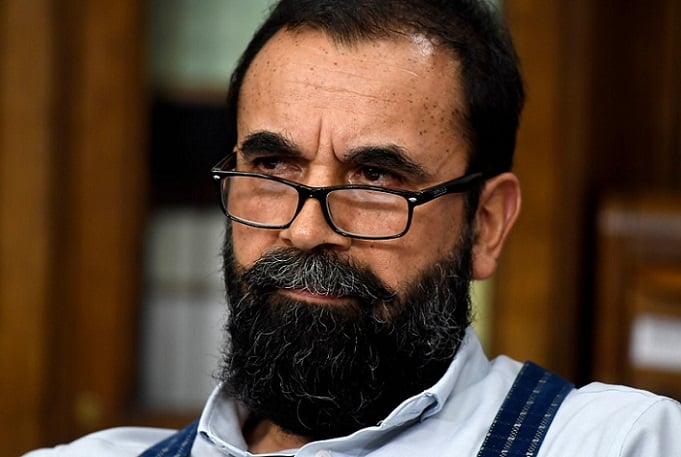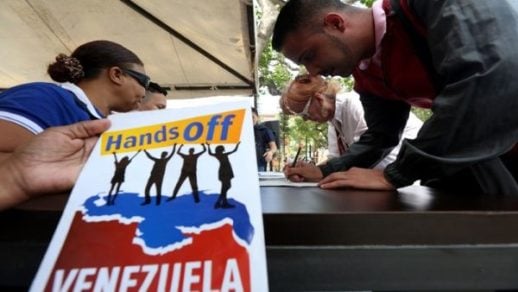Thousands of greyhounds in Chile are exploited in clandestine racing circuits, subjected to grueling training, doping, isolation, and confinement in cramped spaces. From puppyhood, many are forced to chase lures on treadmills or while tethered to moving vehicles, kept on strict diets and given medication to boost performance.
Those that fail to meet speed or strength benchmarks are often relegated to breeding or abandoned, while dogs that do race face severe injuries, muscle tears, and fractures—frequently treated improperly by the racers themselves. Doping with anabolic steroids, strychnine, or even cocaine leads to collapses and deaths during competitions, and post-race care is typically improvised and cruel.
Despite broad public rejection—and bans in neighboring countries such as Argentina, Uruguay, and parts of Brazil—legislative efforts to outlaw greyhound racing in Chile have been systematically blocked under pressure from racing interests and political sectors, especially on the right, that view these events as an electoral niche and a business opportunity.
At present, the bill is on the agenda for debate in the Cámara de Diputados; however, because it is listed seventh, its discussion could be delayed yet again.
In a conversation with El Ciudadano, Green deputy Felix González said: “We have introduced this bill three times; we lost it in the previous term, and we lost it again last year. After a year we can reintroduce it—we have just done so—and the bill has already cleared the environmental committee and is now on the docket, but it sits in seventh place… So the progress has been swift in terms of the work done in the environmental committee. Now we need it placed higher on the docket. We need the government to get involved and assign urgency to the bill so it can move to a spot that ensures it is actually heard.”
The deputy also noted that the bill was reintroduced in the middle of election season so that each lawmaker would have to be directly accountable to voters.
From Galgo Libre, its spokesperson and representative, Daniel Pacheco, told El Ciudadano that the bill’s progress “has been a historic step in exposing a practice that for years normalized violence and the exploitation of greyhounds. As a strength, we highlight that for the first time Parliament is seriously—and across party lines—debating the reality of abuse and exploitation in dog racing, recognizing that it is not an isolated issue but a national and regional problem.”
Pacheco added that the main barrier to banning greyhound racing is the pressure from certain sectors that try to relativize these practices by calling them “tradition”.
“Communities tied to racing have responded with rejection and hostility, trying to frame it as a ‘cultural right’. However, the vast majority of society has expressed strong support for a ban, because it understands that ‘tradition’ can never justify abuse or exploitation,” Pacheco said.
According to Deputy González, as lawmakers have learned more about the practices surrounding dog racing—and how they degrade greyhounds’ quality of life—awareness in Congress has grown.
“If you had to draw a line, it’s left versus right—on the right, roughly ninety-five percent support this, while among those outside the right, about ninety-five percent of us reject dog racing and will therefore vote for the prohibition bill,” the deputy added.
Regarding the possible vote, Galgo Libre warned that deputies who oppose the ban will have to assume responsibility for rejecting a widely supported social demand in Chile.
“They will have to explain why they chose to defend economic interests over life and justice. History will remember them as accomplices to the objectification and commodification of animals—simply accomplices to the systematic torture that greyhounds suffer every day at the hands of racers,” Galgo Libre said.
Pacheco added: “To those deputies we say that many practices once defended as tradition—like animal circuses or dogfighting—are now viewed as barbaric. Culture evolves and must serve dignity, not violence or exploitation. Races are not cultural heritage or sport according to the Ministry of Sports; the Supreme Court has labeled them a cruel activity. They are abuse and the objectification of dogs, and they must end.”
As for the role of the public, Pacheco said that “citizens play a fundamental role in raising awareness, applying pressure, and demanding consistency from their representatives. Lawmakers must understand that a vote against this bill is a vote against the will of the country’s majority, which is calling for an end to the objectification of animals. Social media, letters, and direct contact with members of Congress are key tools.”
In the same vein, Deputy González declared:
“The role of citizens is everything. Last year, the galgueros—those invested in this, many of whom organize betting or are bettors—are attached to this practice of exploitation and abuse of dogs. About four hundred of them came to the session, gathering at the entrance to Congress, and were even aggressive with some animal advocates. That presence also affects the vote. That’s why what people do is so important, not only on social networks but also by going to Congress, to the galleries… That citizen pressure is very necessary today.”
Finally, when asked about the possibility of the bill being rejected, Galgo Libre cautioned that it will continue to expose abuses committed in dog races:
“Society has already awakened to the reality greyhounds face at the hands of their exploiters. If the law is rejected—or watered down to weaken its essence—Galgo Libre will continue publicly denouncing the abuse, discarding, and exploitation that dogs suffer in races. Our commitment is permanent, because every day without a ban means more lives treated as disposable products. We will not support modifications—only a full prohibition.”
Unlike other countries in the region that have already banned greyhound racing, in Chile the bills aimed at eradicating this practice have been rejected or kept quiet. Animal protection must not be subordinated to political interests; it requires concrete action and firm decisions, beyond empty promises.
The public has spoken and is demanding an end to racing. The challenge now is for lawmakers to act responsibly, move the bill up the voting agenda, and ensure its progress is no longer postponed. Every day of delay means more doping, confinement, abandonment, and death for greyhounds.










